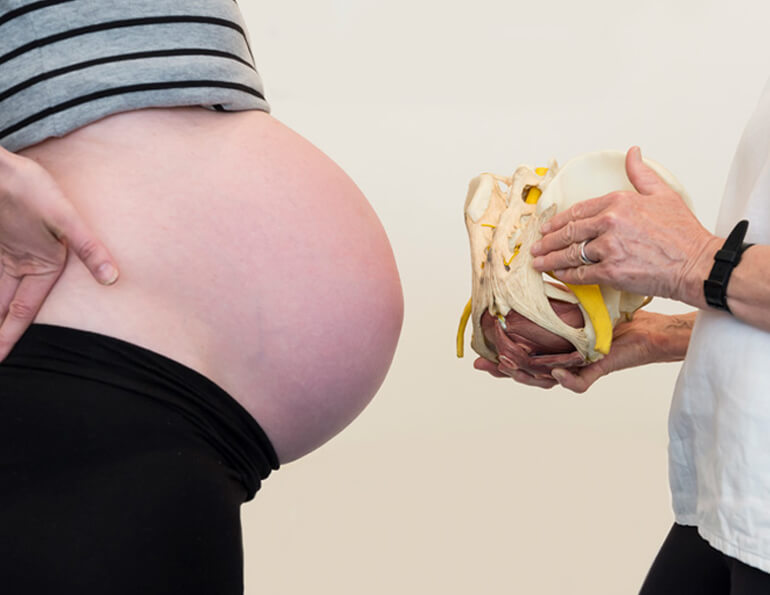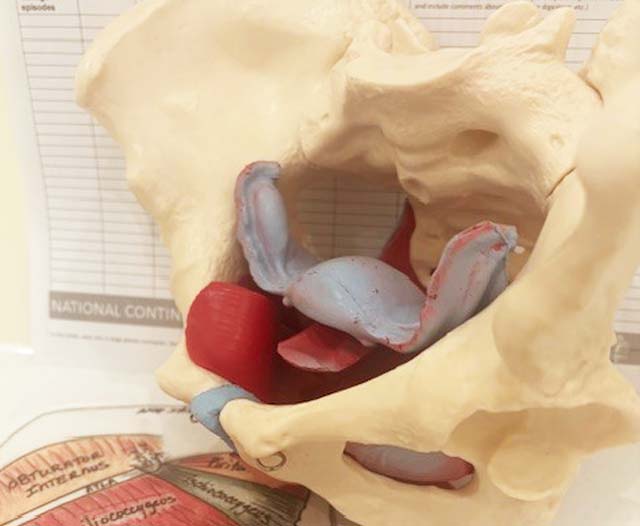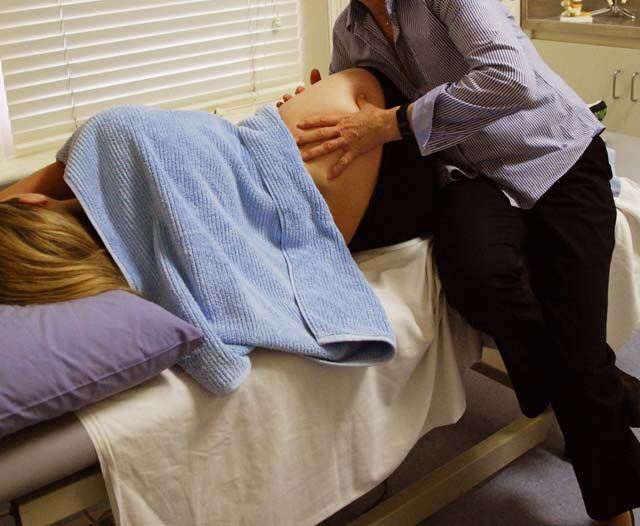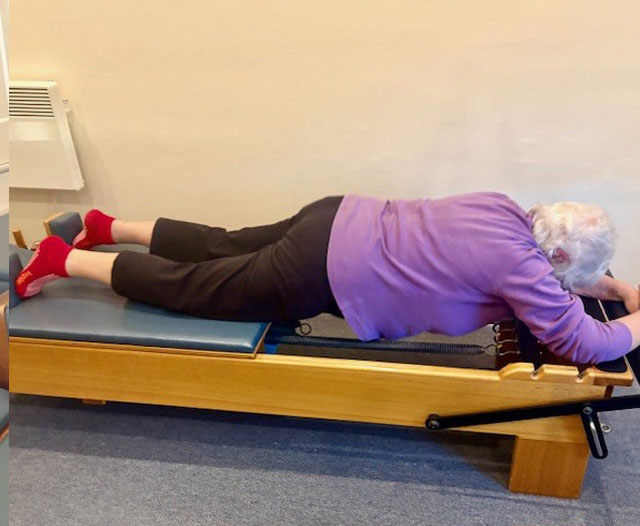Pelvic floor physiotherapy Adelaide
Relieve symptoms & regain control with calm private care

Send an enquiry
Call 08 8443 3355
Our exercise classes
Our pelvic floor physiotherapy services
Pelvic symptoms can feel isolating. Our pelvic floor physiotherapy services make care human and achievable. In a private consultation room, we listen first, then explain what we notice and next take small steps, at a pace that feels safe. Assessment includes history, posture, breathing, movement, and, with consent, an internal exam to understand strength, coordination, and comfort. If an internal assessment isn’t right today, we use external options and revisit when you’re ready.
A pelvic health physiotherapist supports concerns such as leakage or urgency, a heavy dragging sensation linked to prolapse, pelvic or sexual pain (including endometriosis pain), and changes around pregnancy, postnatal recovery, and perimenopause. Treatment typically includes education, coordination and strength work, pressure management, gentle hands-on care, relaxation, and cues for daily tasks.
You’ll see the same clinician for continuity, and if needed, we will coordinate with other providers.
Are you looking for a pelvic physio Adelaide? Our Lockleys clinic has a team of experienced female physiotherapists, private treatment rooms and on-site parking with easy access.
Frequently asked questions about our Adelaide pelvic health physiotherapy services
On this page
Where are the pelvic floor muscles?
What causes pelvic floor muscle weakness?
What are the common pelvic floor conditions?
What is involved in pelvic floor physiotherapy?
Where are the pelvic floor muscles?
The pelvic floor consists of a group of muscles that lie at the base of the pelvis. These muscles act like a hammock, attaching from your tail bone (coccyx) at the back, to the pubic bone at the front and to the sitting bones at the sides of your pelvis. Connective tissue, fascia and ligaments within the pelvis comprise the pelvic floor muscle system. All these tissues play an important role in supporting the pelvic organs above. The pelvic floor is also responsible for assisting closure of two sphincters, these being at the end of the urethra (urine tube) and rectum (bowel).
Therefore, the pelvic floor is important for:
- Preventing leakage of urine, stools or wind
- Supporting your pelvic organs
- Sexual function
- Optimal postural control
What causes pelvic floor muscle weakness?
There are many reasons for pelvic floor muscles to weaken at any time in a woman’s life. Vigorous high impact exercise, excessive lifting, hormonal changes in pregnancy and menopause, childbirth, aging, constipation, prolonged vomiting and chronic coughing all have the potential to strain, stretch and weaken the pelvic floor muscle system.

What are the common pelvic floor conditions?
Common presentations our physiotherapists treat at Physiotherapy for Women include:
Stress incontinence – leakage of urine, wind or stools
Urgency – strong bladder or bowel urge to go to the toilet
Urge incontinence – bladder or bowel urgency
Bladder frequency – many trips to the toilet day and/or night
Prolapse of pelvic organs into the vagina or rectum
Pelvic pain and/or discomfort with sexual intimacy, vaginal examinations or with tampon use
Lack of sensation with sexual intercourse
Lower back, buttock, hip pain associated with pelvic pain
What is involved in pelvic floor physiotherapy?
To be able to treat pelvic floor and pain conditions our physiotherapists at Physiotherapy for Women have the required postgraduate training in pelvic floor muscle rehabilitation and pelvic health. They will listen to your story and ask the appropriate questions before performing a skilled assessment to understand the reasons for your pelvic floor muscle and pelvic soft tissue presentation.
The assessment findings will be discussed with you and a management plan drawn up, taking into account your work/home schedule and goals you may have. The management plan will highlight the physiotherapists treatment approach that includes what you do at home/work to help yourself. Pelvic floor and pelvic health treatments are research based and shown to be very successful when you and the physio work as a team. This means you make a commitment to finding the time to do the exercises, specific training procedure, relaxation or whatever your plan prescribes for you.
Treatment may include pelvic floor muscle training, exercise, relaxation, postural adjustments, education and advice. Your physiotherapist will help you in understanding your pelvic floor, bladder, bowel or pain issue and the potential reasons for why you are experiencing what you present to us with.
Communication with your doctor, gynaecologist, obstetrician or other specialist on the physiotherapist’s assessment findings and treatment approach is important.
We will always work with you to help you recover and enjoy an active, healthy lifestyle.
In providing over 20 years of musculoskeletal physiotherapy to women, we have years of clinical experience and training to be able to relieve your discomfort safely and efficiently
Our physiotherapy services in Adelaide
We offer extensive women’s health physiotherapy and pelvic health physiotherapy services in Adelaide. Learn how we can help and what to expect in each service.
Our physiotherapy exercise classes in Adelaide
We offer physiotherapy-led exercise classes in Lockleys. See who each class suits, how it runs, and how to join.



